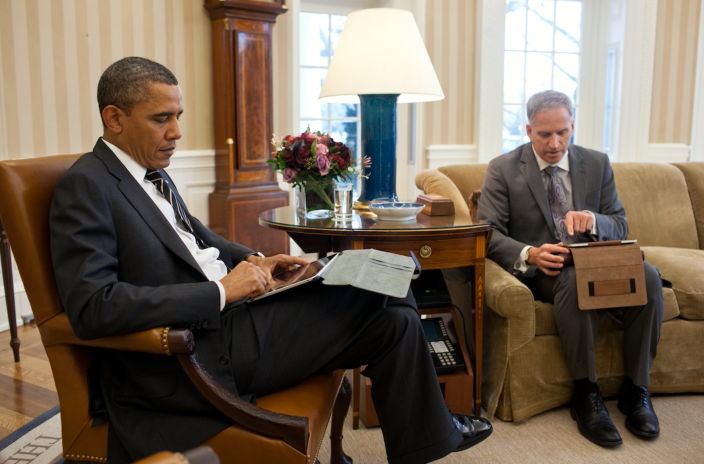
We’re used to seeing row upon row of Macbooks at tech press events, but the popularity of Apple’s laptop seems equally strong among mainstream journalists. The Huffington Post’s senior congressional reporter Michael McAuliff tweeted that the press gallery at last night’s State of the Union address “looks like a damn Apple ad.”
By far the majority of the laptops visible in the photo of the press gallery above the House floor have the familiar glowing Apple logo.
[tweet https://twitter.com/mmcauliff/status/557715212858839040]
The White House also embraced technology by posting the full text of the speech as a blog post on Medium before the President got up to speak. As last year, though, there were few references to technology in the address, the main one urging Congress “to finally pass the legislation we need to better meet the evolving threat of cyber-attacks, combat identity theft, and protect our children’s information.”
Microsoft also had to look out at a sea of glowing Apple logos when launching Windows 10 …
[tweet https://twitter.com/AustenAllred/status/558029756277743616/]
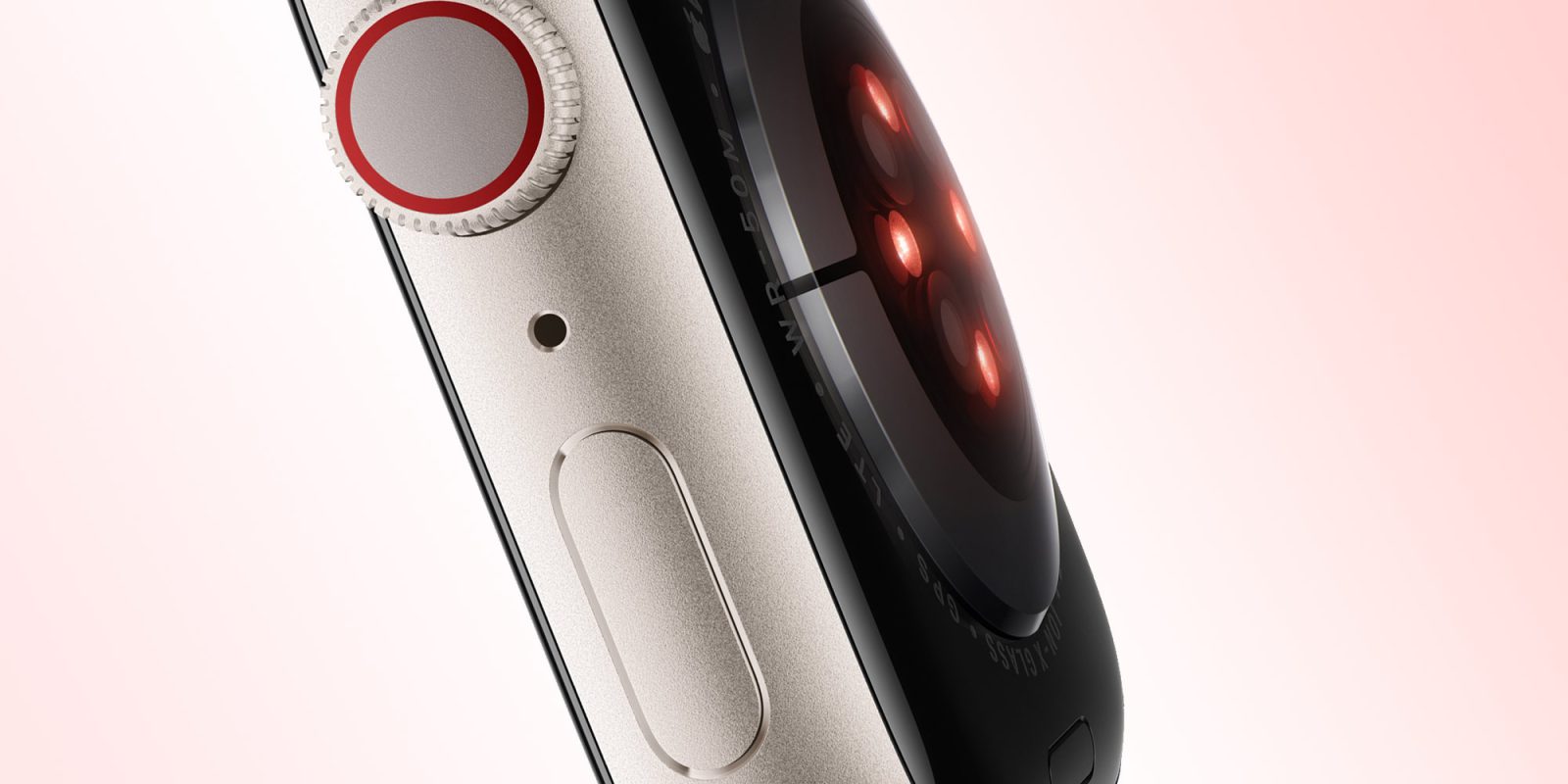
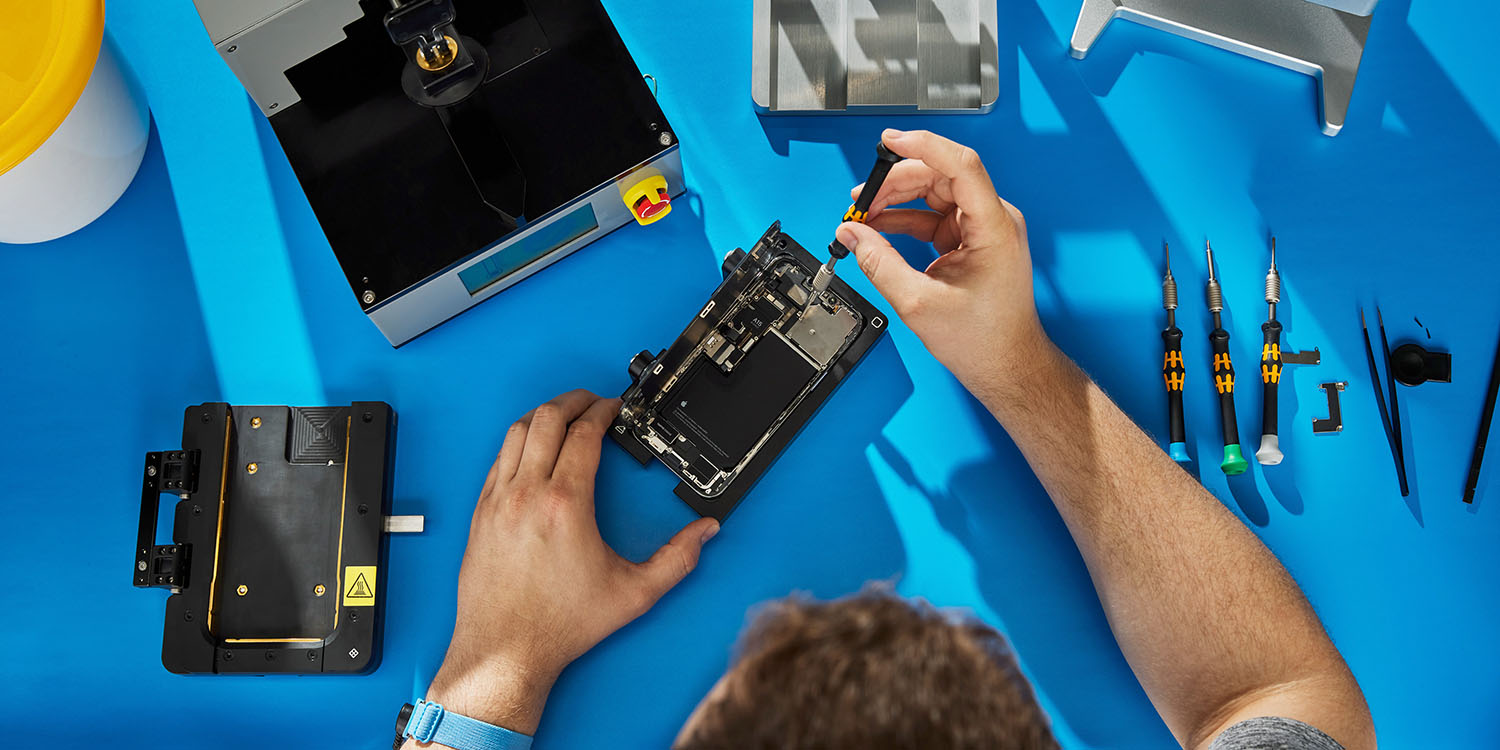


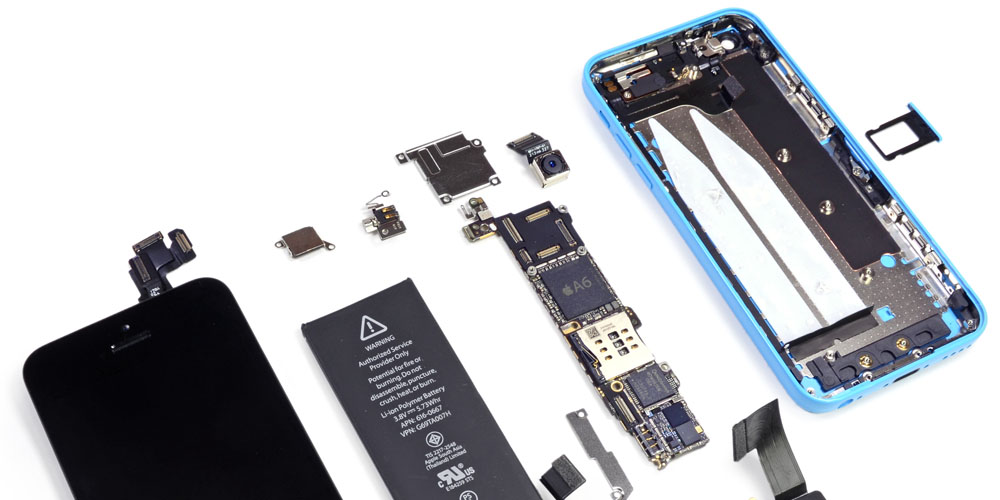

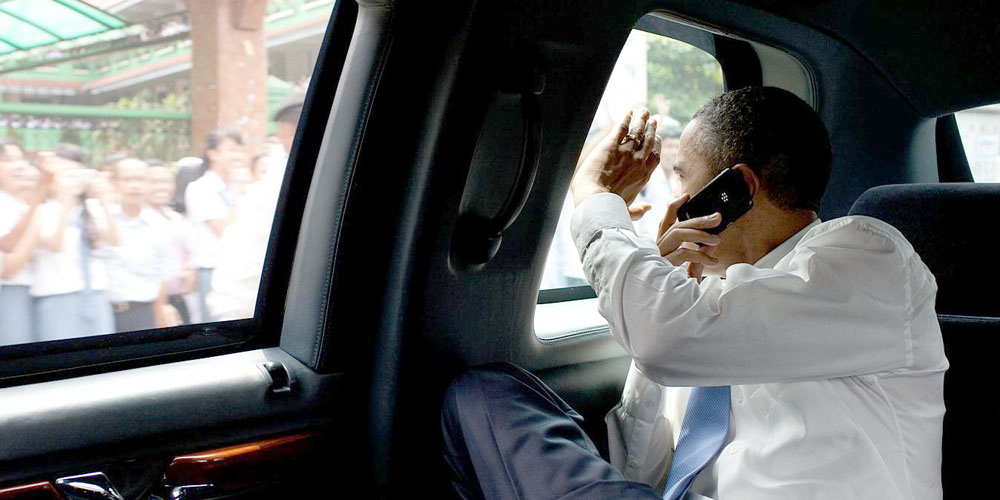
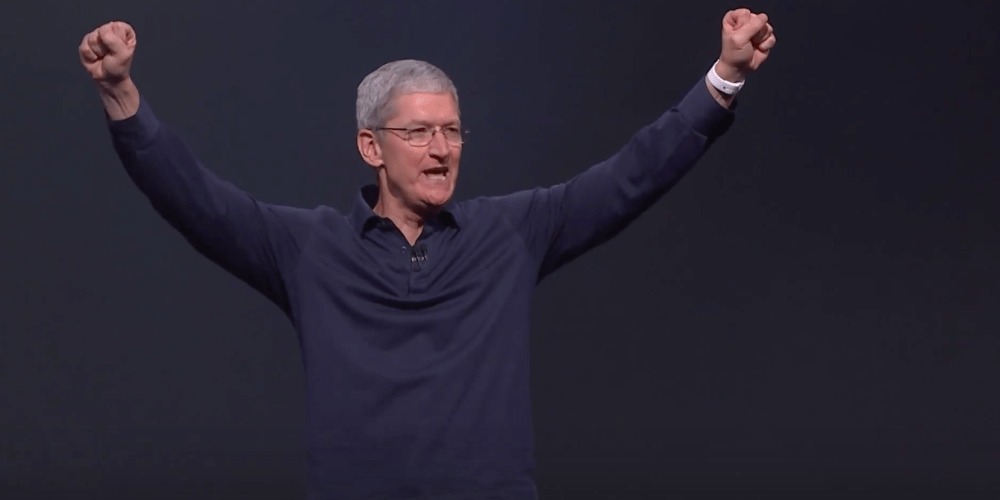

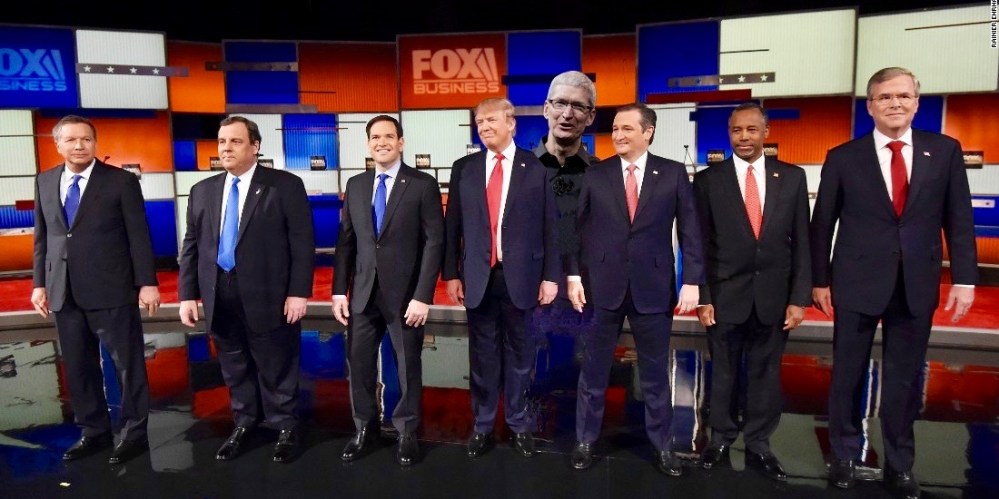

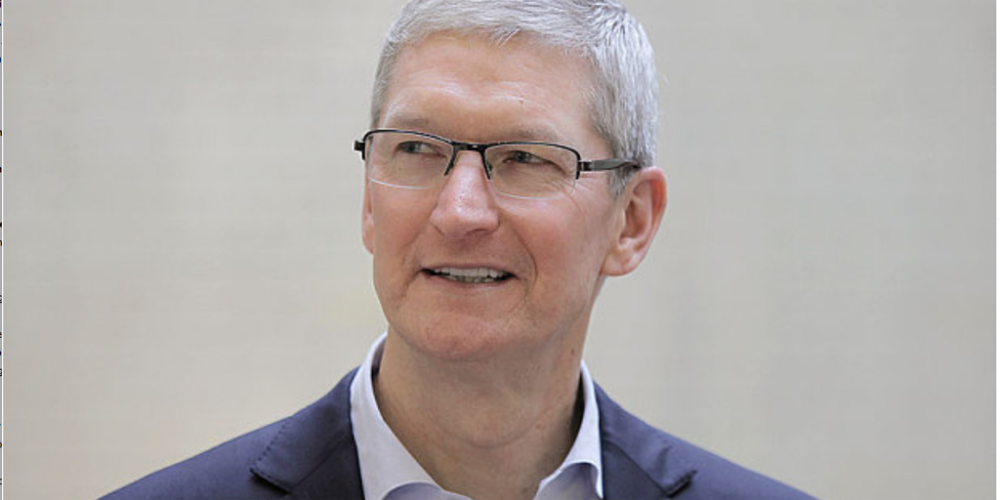
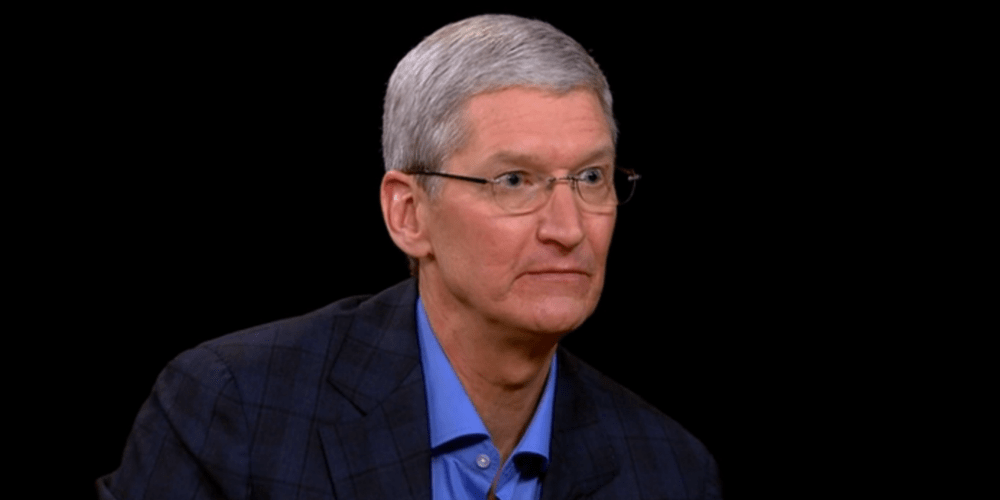
 Apple has heavily touted the camera capabilities of the iPhone 6/iPhone 6s and iPhone 6 Plus/iPhone 6s Plus since the first introduction of the devices in 2014. The company ran a worldwide ad
Apple has heavily touted the camera capabilities of the iPhone 6/iPhone 6s and iPhone 6 Plus/iPhone 6s Plus since the first introduction of the devices in 2014. The company ran a worldwide ad 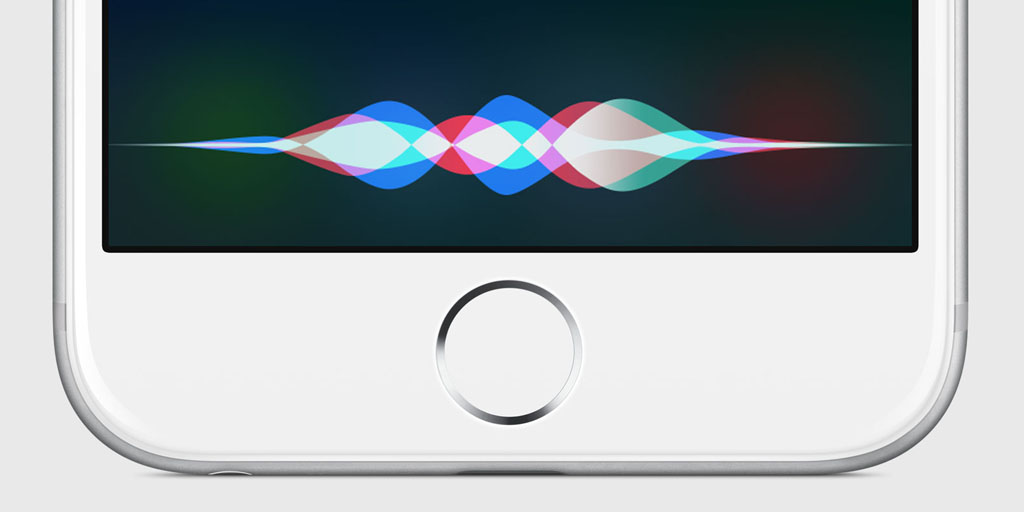
![Speck_DFI_Ad_CS-Stacked-Cube_728x90_v1[2]](https://viptest.9to5mac.com/wp-content/uploads/sites/6/2015/09/speck_dfi_ad_cs-clear_rev_728x90_v1.jpg)
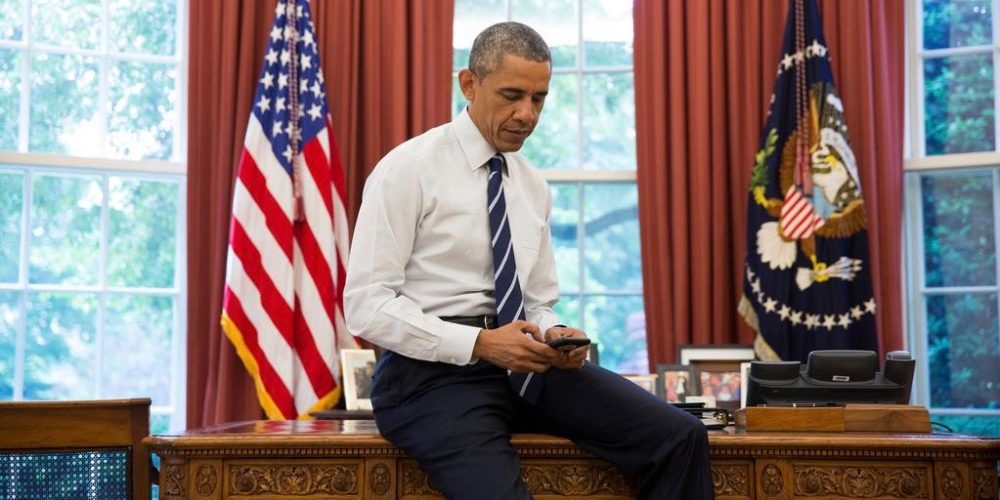

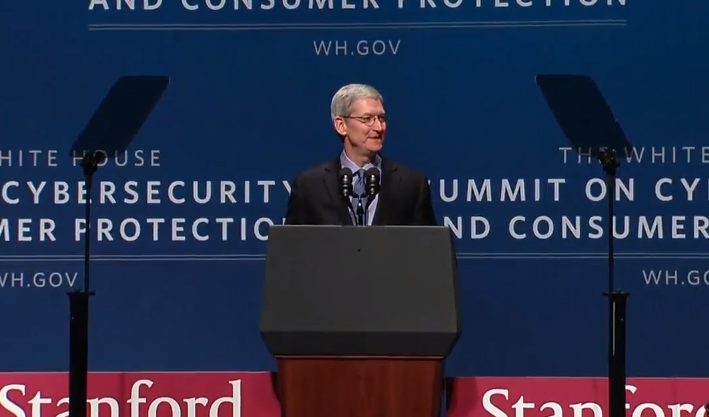
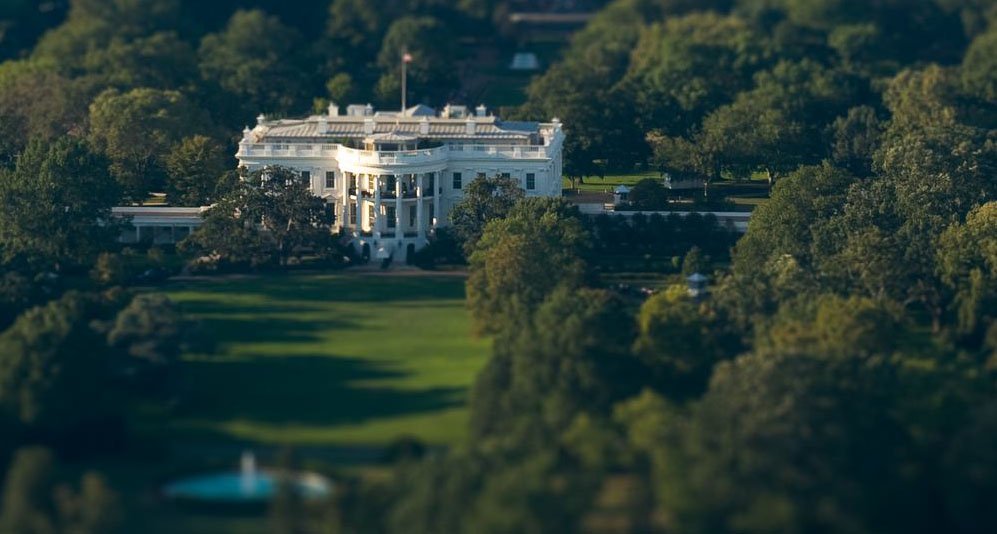


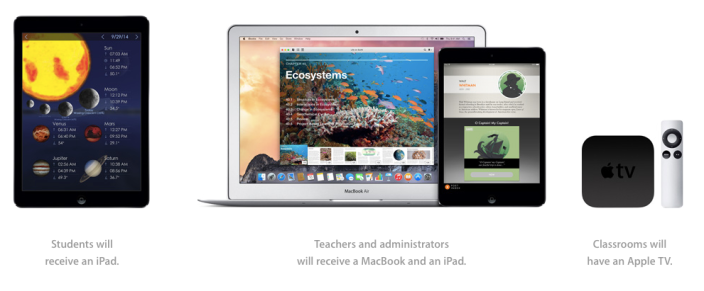
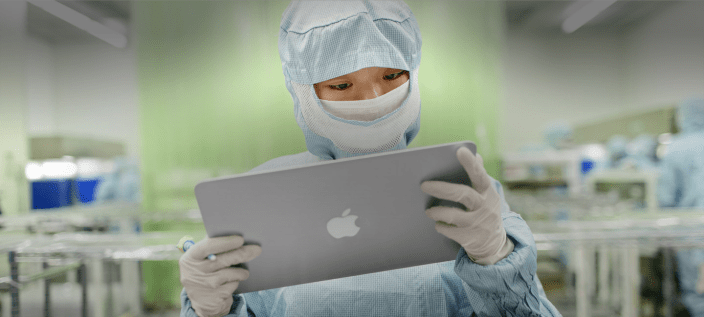
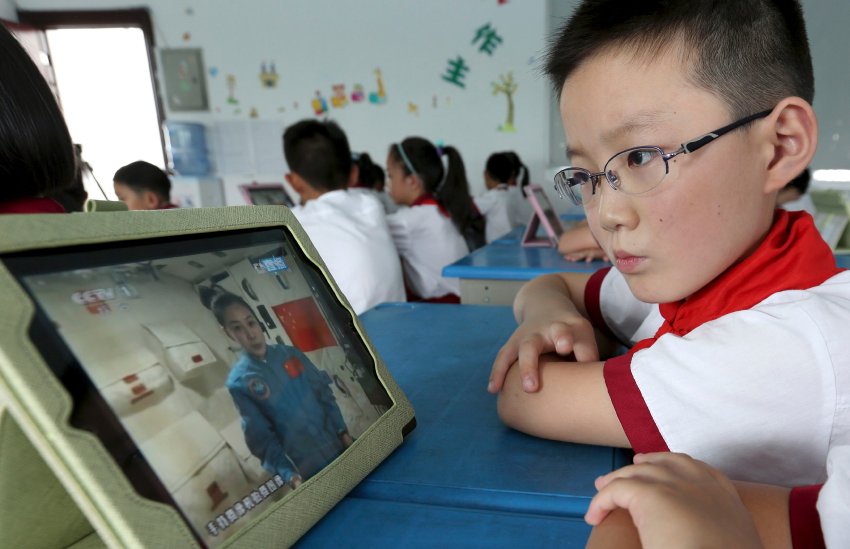

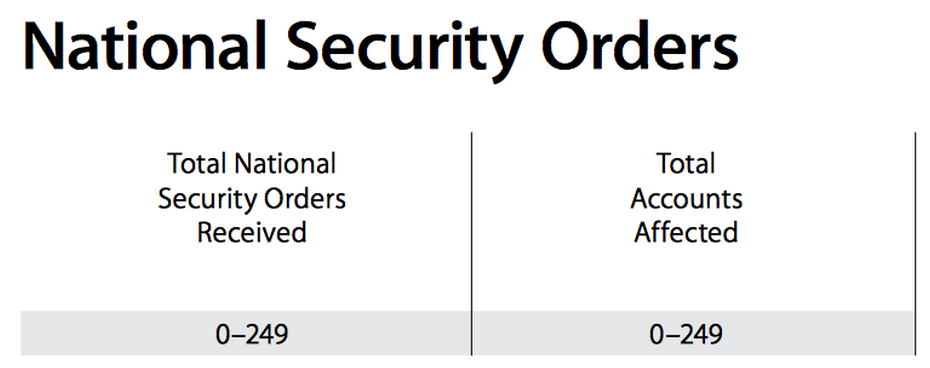 Apple has been working closely with the White House, the U.S. Attorney General, congressional leaders, and the Department of Justice to advocate for greater transparency with regard to the national security orders we receive. We believe strongly that our customers have the right to understand how their personal information is being handled, and we are pleased the government has developed new rules that allow us to more accurately report law enforcement orders and national security orders in the U.S.
Apple has been working closely with the White House, the U.S. Attorney General, congressional leaders, and the Department of Justice to advocate for greater transparency with regard to the national security orders we receive. We believe strongly that our customers have the right to understand how their personal information is being handled, and we are pleased the government has developed new rules that allow us to more accurately report law enforcement orders and national security orders in the U.S.